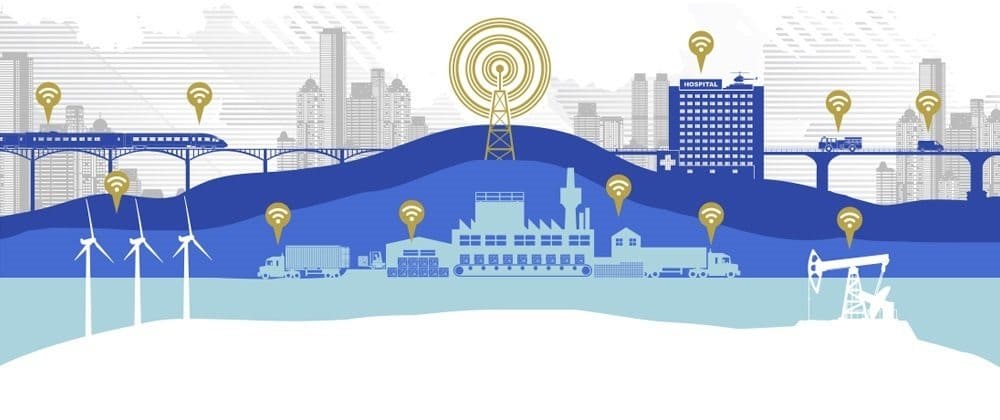Industry 4.0 – After the initial hustle, where are manufacturers finding value and how can they best capture it?
*Per Fabio Rodrigues, CEO of Novidá
Much has been said, with optimism, about Industry 4.0 and the new technologies that are being adopted in manufacturing, such as the Internet of Things (IoT) and geolocation. This concept is coming within many companies and contributing significantly to the rejuvenation of the “good old fashioned industry”.
we already talked here on our Blog that the complete acceptance of these technologies happens in parts, and the most mature stage of IIoT (Industrial Internet of Things) is a bidirectional flow of information between machines and data intelligence system.
As an example, in an ideal “rejuvenated” operation scenario, manufacturers would gain insights from equipment and be able to communicate information back to them, changing configurations, orders and operations, all securely and remotely, supported by Big Data and by Machine Learning to adjust operations automatically, in real time.
But what we see so far is industry leaders remaining optimistic about this new scenario, but overall, a degree of disillusionment has also crept in with the results of actual implementations. Perceptions and feelings regarding the application of this concept in practice are divergent.
There is a great deal of uncertainty among manufacturers considering how much Industry 4.0 really requires of them – financially and operationally – and many are still struggling to begin their first implementations. On the other hand, we are seeing an increasing number of manufacturers report substantial progress, especially as they move beyond the “blanket term” Industry 4.0 and focus on valuable, business-specific applications.
To take stock of these many complex developments and shed light on why some players are making progress while others are not, McKinsey, an American business consulting firm, conducted a study exploring efforts towards Industry 4.0 and the progress seen after itsImplementation.
The results show us that the biggest benefits that companies have had with implementations of technologies that support Industry 4.0 have been progress in verticals such as: smart energy consumption,real -time supply chain optimization, remote monitoring and control, digital quality management. and performance management.
As one might imagine, these advances, which translate into increased competitiveness, continue to be attributed a little more to improvements in operational efficiency than to changes in business models.
And on why some players have already achieved good results and others have not, prior preparation, focused on identifying the real business problem of the operation, played an important role here, and there are strong differences evident in the study: among the manufacturers, seven out of ten say they do not have a defined strategy, do not assign clear responsibilities, and still need to develop an implementation roadmap; and among those who have made at least substantial good progress, less than two in ten have not been pre-prepared.
The budget Research and Development (R&D) appears to be a second important factor. Companies that have made at least good/substantial progress in terms of Industry 4.0 , on average, spent 18% of their R&D budget on “new industrial revolution” projects, while those with no or limited progress are spending less than 8%.
Lastly, a focus on the business and not just technology for technology ‘s sake would clearly have leveraged results. Nine out of ten successful manufacturers prioritized specific Industry 4.0 in their projects focusing on their business processes, compared to seven out of ten in the group that made only limited progress.
Of all possible applications, manufacturers successful in Industry 4.0 prioritize digital performance management, real-time supply chain optimization, digital quality management, predictive maintenance and smart energy consumption.
With this transformation process, companies become truly digital, with machines powered by digital interfaces, production processes optimized to a level never imagined and innovative services based on data.
And this new industrial revolution is already happening. Now is the time for your company to act!





